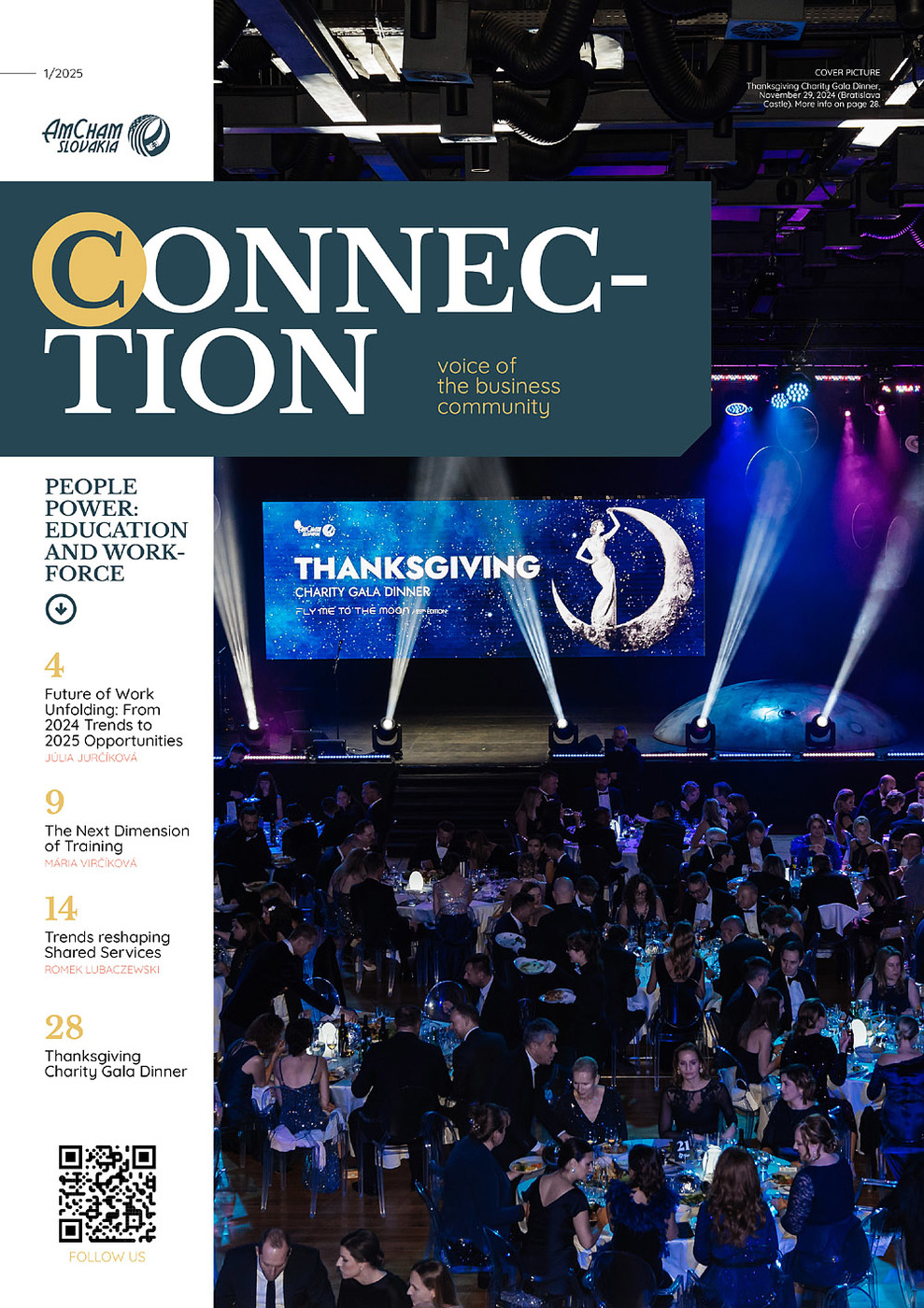A “New Employer-Employee Compact” is emerging as traditional roles are rebalancing and being reinvented in the face of unprecedented change and opportunities. Creativity, collaboration, and flexibility are central to a thriving future and workplace as sustainability, digitization, and automation reshape the way we work.
For more than ten years, we have been tracking four key forces impacting the future of work. These are: Shifting Demographics, Tech Advancement, Competitive Drivers, and Individual Choice. The following text introduces each of these forces in more detail, highlighting its impacts on the future of work.
Shifting Demographics
Despite influxes of Gen Z workers, workforces globally continue to age. Developed nations face widening talent shortages as more experienced employees retire. To fill gaps, organizations must leverage untapped talent pools, including:
- seasoned employees: Offer reskilling and flexible schedules to retain and re-engage mature workers.
- returners/career changers: Enable transition reskilling through rapid upskilling programs.
- employees with less traditional experience: Consider candidates with high potential and transferable soft skills.
Reskilling existing and new employees from diverse backgrounds fosters workforce continuity. Retaining institutional knowledge also aids with ongoing multi-generational management.
Globally, organizations face a growing imbalance between rapidly rising Gen Z workers entering the workforce and more experienced employees leaving. By 2030, Gen Z will compose 58% of the labor pool; at the same time, broader demographic trends reveal rapidly aging workforces in developed markets.
This widening demographic gap produces multifaceted talent challenges: generational knowledge loss from retiring baby boomers, Gen Z seeking updated skills blending technical and interpersonal, and mid-career workers needing to reskill for new roles.
Targeted reskilling and mentorship help bridge talent gaps across generations. Cross-training programs can enable Gen Z and seasoned employees to transfer institutional knowledge. Offering mentorships, stretch assignments, and new learning opportunities helps retain mature workers. Enabling mid-career talent to reskill for adjacent roles sustains organizational productivity.
Tech Advancement
As generative AI evolves at a rapid pace, experience tells us that technology has proven to be a powerful ally, augmenting rather than replacing human capabilities. Harnessing the potential of AI to drive growth and productivity gains will require companies to prioritize people.
As we embark on new ways of working, there is a dual challenge - workplaces must be digitized, but also humanized. The goal should be to enable people to connect with others, build meaningful relationships, and innovate/deliver in creative and ethical ways, even as technology permeates their work.
Technological advancements create opportunities for people to do more meaningful work, provided they have the right skills. This means that AI will create more jobs than it destroys. As businesses learn to adapt and change along with AI, humans will power the future of work, as they upskill and learn how to work with, not against, modern technologies. People must shift their perspectives to view AI as a chance to augment their technical knowledge and professional capabilities.
Competitive Drivers
Amid economic uncertainty and intensifying competition for talent, organizations must take decisive actions to attract and retain top talent while advancing their sustainability commitments. Employees today are increasingly seeking purpose and meaning in their work, flexible arrangements that integrate with their lifestyles, opportunities to continuously develop new skills, fair pay for fair work, and leadership that cares about more than just profits. Today, organizations must demonstrate their stances on social, political, and environmental issues to stand out. By investing in people and communicating their values and commitments, companies can gain a competitive edge.
The pandemic provided a crash course as managers pivoted to remote leadership overnight. Now as AI, automation, and sustainability reshape work, the onus falls on managers to guide a people-first transformation. As new green and digital skill requirements grow, managers must motivate their people while easing fears around displacement.
Managers also serve as the anchor steering organizational change. They must maintain engagement, inclusion, and well-being amidst shifts in work models, business needs and employee expectations. They are also responsible for spearheading upskilling initiatives, so that people at all skill levels participate in the future of work. Top managers understand that change succeeds when their people succeed.
Individual Choice
Centered around the “consumerization of work,” a new employer-employee relationship has emerged where people expect to “consume” work much like they do other aspects of life — on their own schedules and in ways tailored to their individual needs.
Just as consumers select products and services that suit their lifestyles, workers now want to dedicate themselves to organizations committed to their careers, well-being, and aligned with their personal values. Organizations must adapt to this workforce desiring greater flexibility, customization, and alignment with their personal priorities as people seek employment that allows them to integrate their jobs seamlessly with the rest of their lives.
Much like consumers in the “Me Economy,” today’s workers are looking for flexibility and autonomy as they prioritize work-life balance. Candidates report the most desirable workplace benefits to be a four-day work week (64%), the ability to choose their start and end times (45%), and flexibility to work from home if needed (35%). With many companies advocating for a return to in-person office work, there is a widening gap between employees’ expectations and employers’ desires.
The world of work is changing more rapidly than ever before. Shifting Demographics, Tech Advancement, Competitive Drivers, and Individual Choice create both challenges and opportunities for employers. One constant, however, remains — megatrends, such as generative AI, automation, nearshoring, and green business transformation, will continue to accelerate.
Zuzana Rumiz, General Manager, ManpowerGroup Slovensko



Follow us